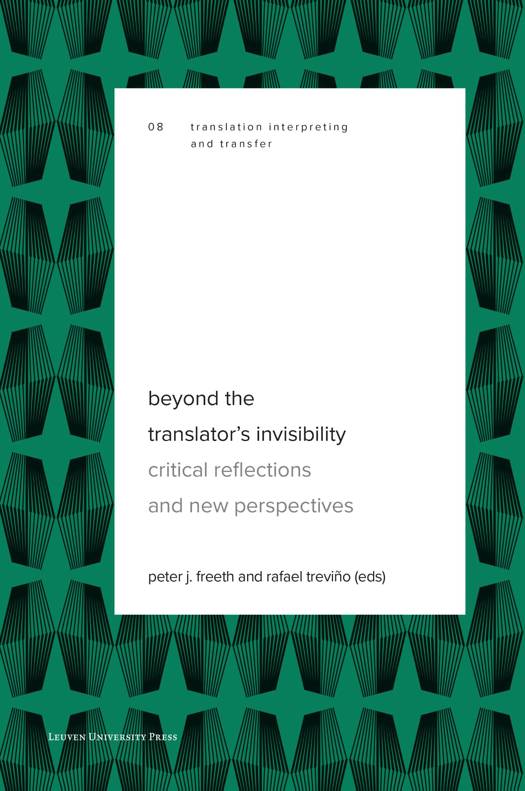
- Afhalen na 1 uur in een winkel met voorraad
- Gratis thuislevering in België vanaf € 30
- Ruim aanbod met 7 miljoen producten
- Afhalen na 1 uur in een winkel met voorraad
- Gratis thuislevering in België vanaf € 30
- Ruim aanbod met 7 miljoen producten
Zoeken
Beyond the Translator’s Invisibility E-BOOK
Critical Reflections and New Perspectives
€ 49,00
+ 49 punten
Omschrijving
The value of nuanced approaches to the concept of translator invisibility
The question of whether to disclose that a text is a translation and thereby give visibility to the translator has dominated discussions on translation throughout history. Despite becoming one of the most ubiquitous terms in translation studies, however, the concept of translator (in)visibility is often criticized for being vague, overly adaptable, and grounded in literary contexts. This interdisciplinary volume therefore draws on concepts from fields such as sociology, the digital humanities, and interpreting studies to develop and operationalize theoretical understandings of translator visibility beyond these existing criticisms and limitations. Through empirical case studies spanning areas including social media research, reception studies, institutional translation, and literary translation, this volume demonstrates the value of understanding the visibilities of translators and translation in the plural and adds much-needed nuance to one of translation studies' most pervasive, polarizing, and imprecise concepts.
The question of whether to disclose that a text is a translation and thereby give visibility to the translator has dominated discussions on translation throughout history. Despite becoming one of the most ubiquitous terms in translation studies, however, the concept of translator (in)visibility is often criticized for being vague, overly adaptable, and grounded in literary contexts. This interdisciplinary volume therefore draws on concepts from fields such as sociology, the digital humanities, and interpreting studies to develop and operationalize theoretical understandings of translator visibility beyond these existing criticisms and limitations. Through empirical case studies spanning areas including social media research, reception studies, institutional translation, and literary translation, this volume demonstrates the value of understanding the visibilities of translators and translation in the plural and adds much-needed nuance to one of translation studies' most pervasive, polarizing, and imprecise concepts.
Specificaties
Betrokkenen
- Uitgeverij:
Inhoud
- Taal:
- Engels
- Reeks:
Eigenschappen
- Productcode (EAN):
- 9789461665454
- Verschijningsdatum:
- 29/01/2024
- Uitvoering:
- E-book
- Beveiligd met:
- Digital watermarking
- Formaat:

Alleen bij Standaard Boekhandel
+ 49 punten op je klantenkaart van Standaard Boekhandel
Beoordelingen
We publiceren alleen reviews die voldoen aan de voorwaarden voor reviews. Bekijk onze voorwaarden voor reviews.










